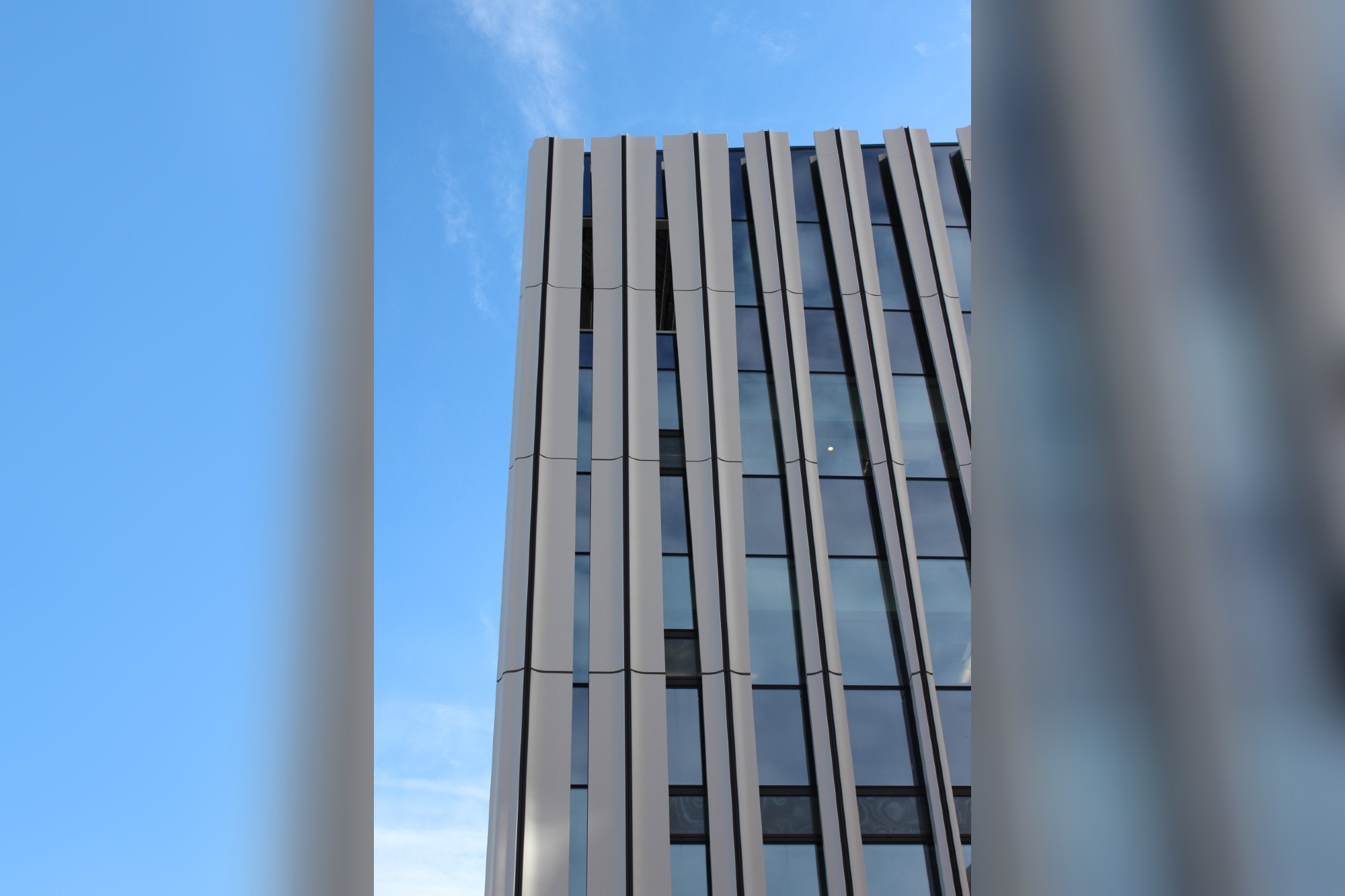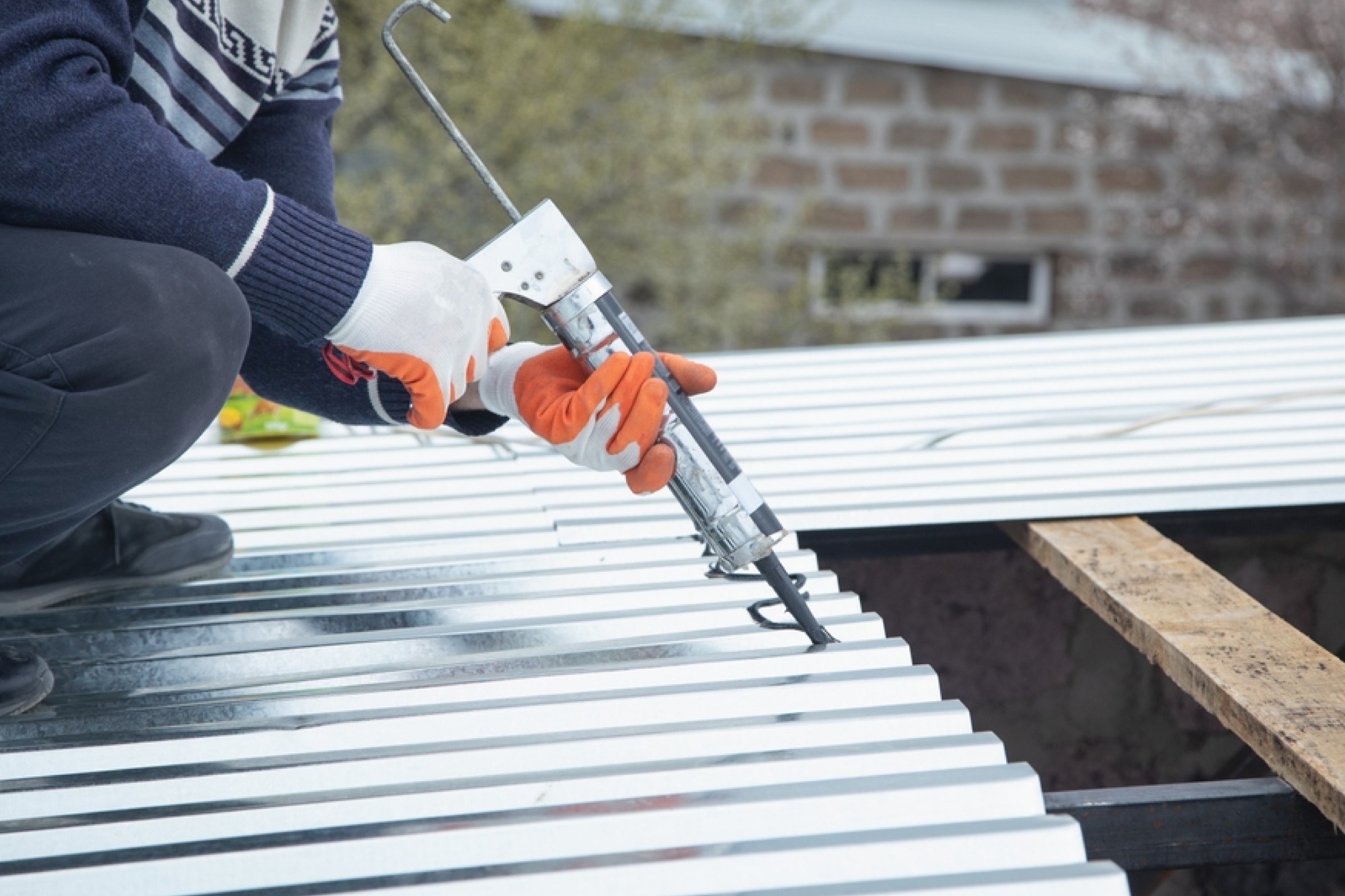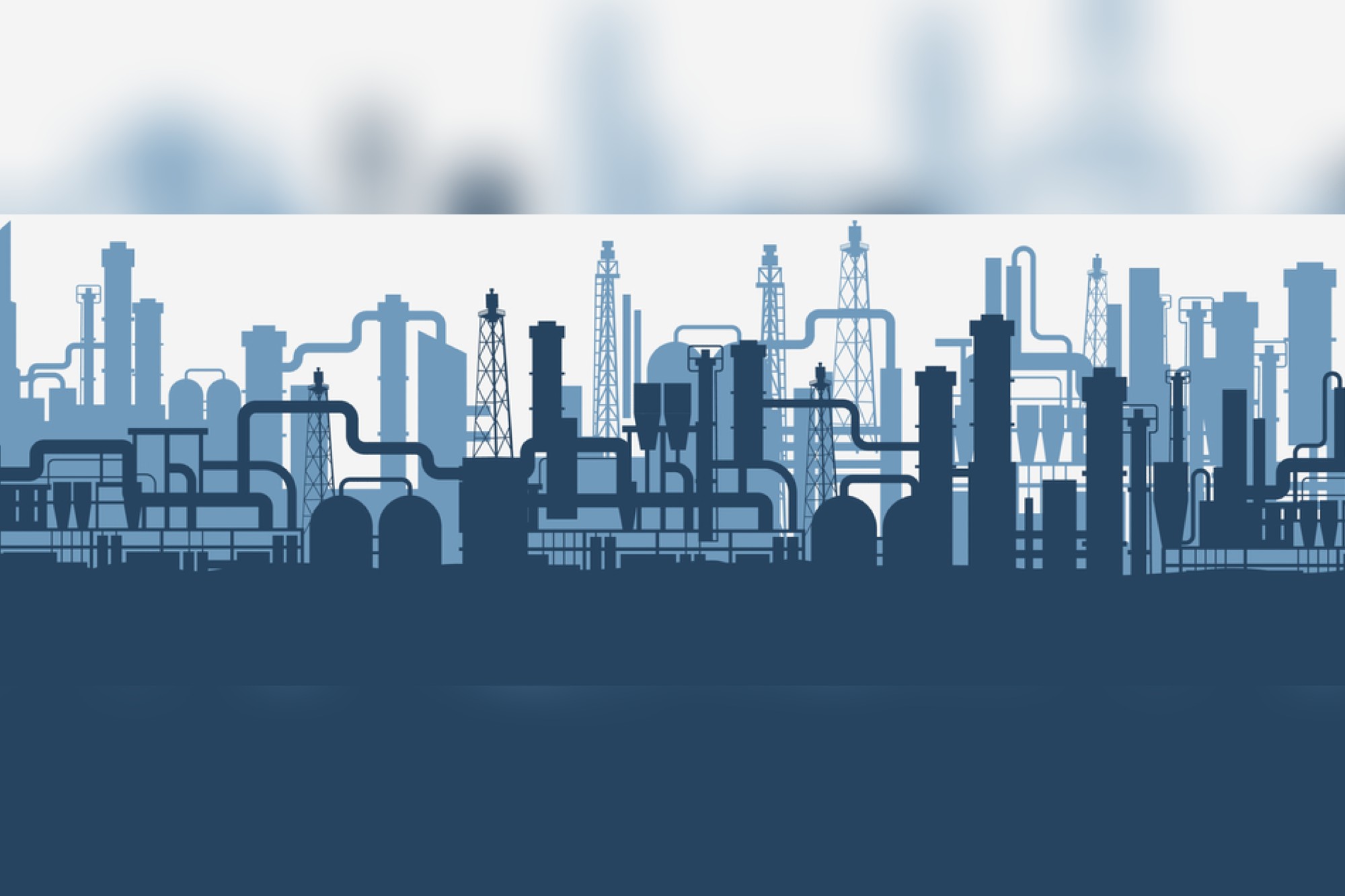How Construction Chemicals can combat Covid-19 pandemic?
By Edit Team | October 23, 2020 6:42 pm SHARE

Hygiene has been a main concern in industries such as food, pharmaceuticals, agriculture, hospitality and medical. Various types of sanitizers and disinfectants, as well as hygiene coatings, are being used to control biological contamination in these industries. Households have generally used mild type of disinfectants such as phenyls and proprietary cleaning formulations. With the situation created by the novel coronavirus, it has become necessary to use even highly potent chemicals to get rid of the virus from the surfaces. Use of such chemicals might create some undesirable effects on the materials used in buildings.
To mitigate those effects, it is necessary to find some appropriate treatments which will prevent contamination while taking care of the materials. The global construction industry has been utilizing various types of chemicals from last 70- 80 years for various applications. Given the global pandemic of unprecedented scale caused by Covid-19, the chemicals are assuming even greater significance.
Surface active agents and coatings: Antibacterial coatings have been there in the market from quite a while and are being used in critical areas such as in operation theatres and pharmaceutical processing areas. Recently there are few claims from various researchers and manufacturers of a special type of coatings which are effective in controlling the coronavirus. These coatings may be applied over various surfaces such as plywood, concrete and metal. They probably have some chemicals which are slowly released on the surface. These kind of coatings are active until such chemicals remain in the coating. The effectiveness might remain for a few weeks or a few months depending on the type of chemical agents and coating thickness.
Apart from such coatings, there will always be a possibility of introducing some specialty surface-active agents which can be either used as pretreatment or post-treatment of materials. For eg. While making concrete, some surface active chemicals can be added into fresh concrete itself, which then can accumulate over the concrete surface and will not allow the virus to settle or prevent the virus from surviving for longer periods. In some cases, surface impregnating agents which are effective against the virus can be post applied over concrete, natural stones and various mineral substrates.
Tackling corrosion issues caused by overuse of chlorine-based disinfectants: Chlorine-based disinfectants like hypochlorous acid have been used since the outbreak of Covid-19. Though these chemicals are used previously in some industries for a limited purpose, it has been observed that continuous use of such chlorine-based chemicals with acidic pH range may affect steel surfaces causing corrosion. The effect of rust can easily be observed on the elevator doors and protective grills. As concrete has capillaries and some cracks these chemicals can travel through them and reach the reinforcement causing chloride induced corrosion.
It will be necessary to provide sufficient protection to metal and concrete surfaces, to prevent damage due to corrosion as the cost of replacement or reconstruction may be too high. Various types of antirust primers and coatings are already available with coating and construction manufacturers. In concrete, there may be a need to use corrosion inhibiting admixtures which are generally recommended for areas with higher chloride concentration in the soil as well as offshore structures.
Use of new technologies: For the reduction of atmospheric pollution created by vehicular emissions, technologies such as self-cleaning concrete have been tested at various places. These can be easily tweaked by incorporating chemical agents to control the virus.
A lot of research is already in progress on nanomaterials such as carbon nanotubes and other innovative materials. Such new technologies may provide efficient and effective ways to modify surfaces in such a way that very long term protection from biological contamination can be achieved without any adverse effect on health and the environment.
Summary: The pandemic situation has created very long disruption in the world. But it may also lead to a lot of innovation and development. The world as well as the construction chemicals industry may not remain the same during and after Covid-19 crisis. While leveraging the chemical technology to tackle the virus spread, it must also be kept in mind that overuse of chemicals may have a longlasting impact on our habitat.
Pritam Dhake, Senior Executive Engineer, Anudeep Constructive Solutions Private Limited has also contributed for compiling this article.
For more details, contact:
Deepak Kanitkar,
Director,
Anudeep Constructive Solutions Private Limited
Email: info@constructionsol.com/civiltech@constructionsol.com
Cookie Consent
We use cookies to personalize your experience. By continuing to visit this website you agree to our Terms & Conditions, Privacy Policy and Cookie Policy.




































-20240213125207.png)

























